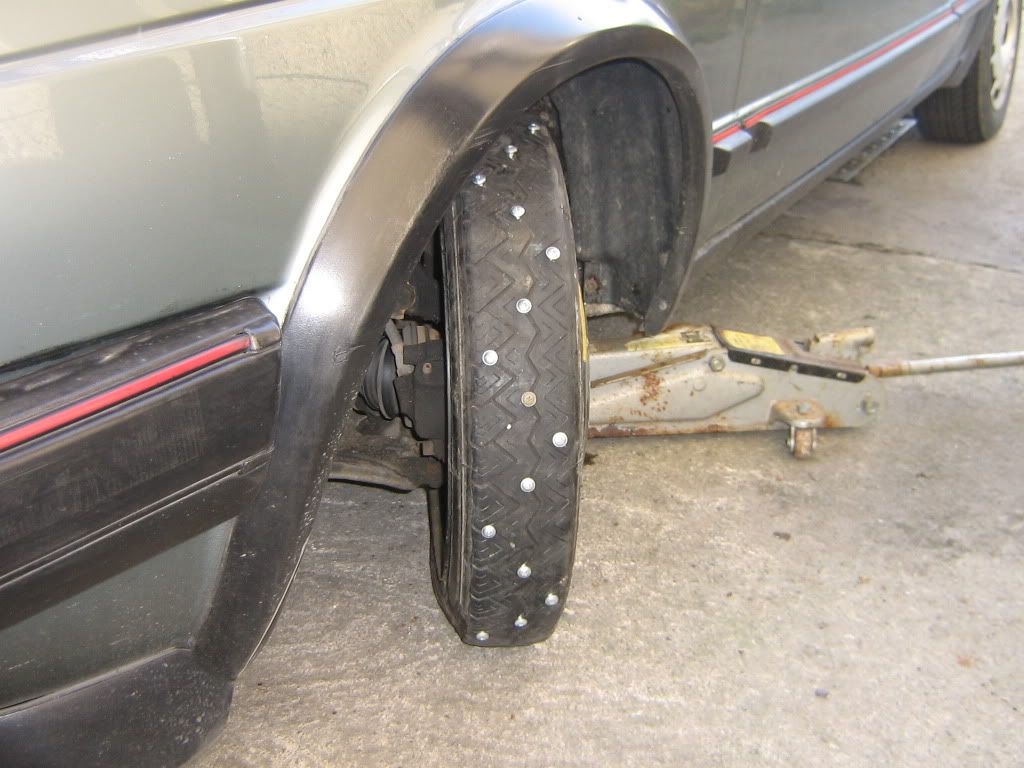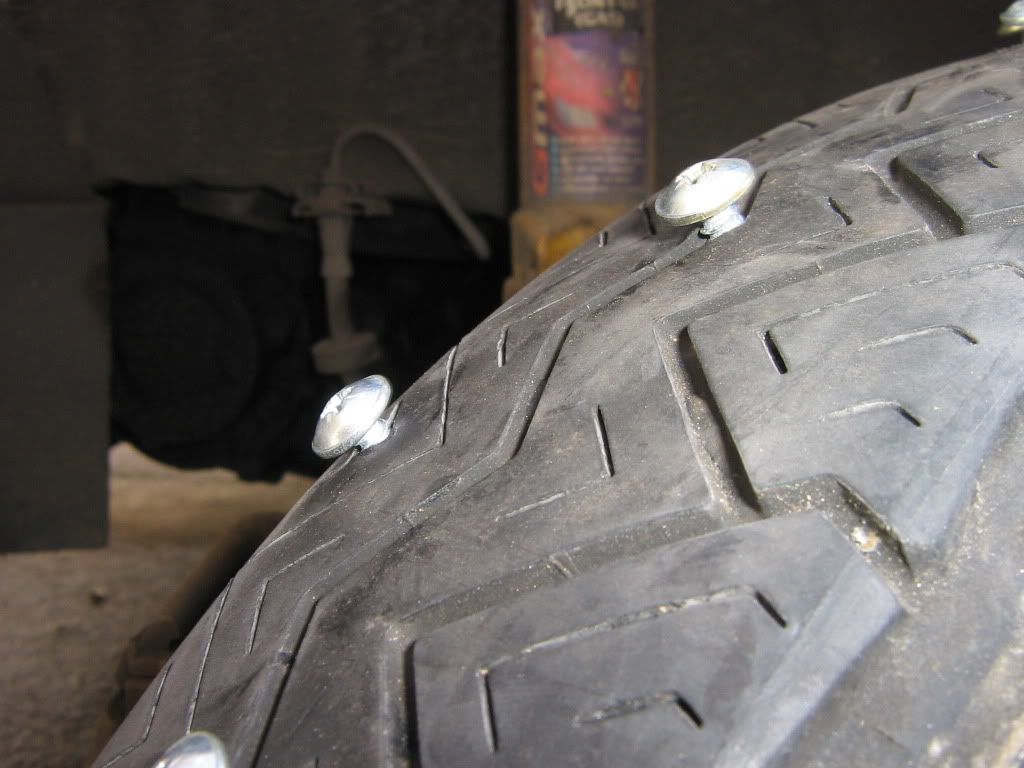The laws require that in order to be legal a tyre must comply with a number of legal requirements.
These requirements range from what the manufacturer must be responsible for - relevant sidewall markings etc - and what the motorist should be responsible for - correct fitment and condition of tyre, tread depths etc.
It is recommended that tyres are checked on a weekly basis for tread depth, tread condition, inflation pressure, tread/sidewall damage, any signs of irregular wear. If in doubt seek the advice of a trained tyre expert who will be able to determine the suitability of the tyre for further use.
The penalties for having illegal tyres are currently up to a £2500 fine and 3 penalty points PER TYRE!
The following gives an overview of the relevant points.
There are two important Legal Statutes that Relate to Tyres:
1. The Road Vehicles (Construction and Use) Regulations 1986.
These regulations do not cover only tyre legal requirements but any area related to road usage and traffic. They include areas related to dimensions and manoeuvrability, brakes, wheels, springs, tracks, steering, vision, instruments, fuel, minibuses, power to weight ratio, protective systems, control of emissions, plates, markings, testing and inspection and conditions related to use.
2. Motor Vehicle Tyres (Safety) Regulations 1994
Which cover the requirements relating to the supply of tyres and areas such as E markings, Part Worn tyres and Re-treads.
The Road Vehicles (Construction and Use) Regulations 1986
Regulation Number Subject Area
Regulation 24 Indicates the types of vehicle covered and also temporary use spares
Regulation 25 Details tyre loads and speed ratings
Regulation 26 Stipulates the requirements for tyre mixing
Regulation 27 Details condition and Maintenance of Tyres
Damage to road, person or vehicle
If the tyre causes either damage to the road, or to persons, or to any vehicle using the road. This would cover such instances as if a vehicle with damaged or very oversized tyres which either caught against a person or other vehicle resulting in either damage or injury. Studded tyres also are included in this clause and if used in inappropriate conditions (i.e. where there is no ice or snow) and they damage the road surface then they would be clearly illegal.





